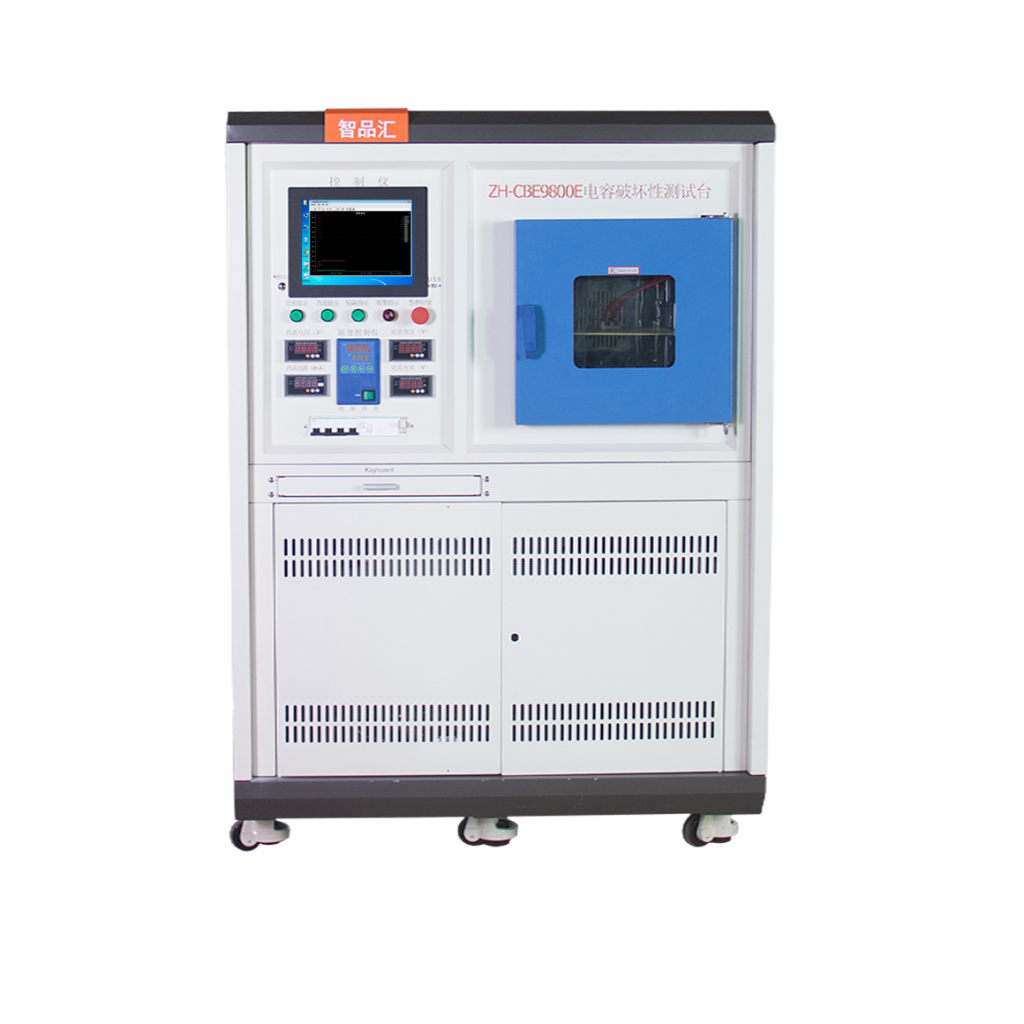Among the core components of air conditioners, capacitors play a crucial role, storing and releasing electrical energy to ensure the stable operation of compressors, fans, and other components. Destructive testing of capacitors is an essential step in the production process at air conditioner factories, driven by multiple considerations regarding product quality, safety, and the company’s long-term development.
From the perspective of product quality, capacitors may have potential defects during the production process due to factors such as raw material defects and production process deviations. These defects are often difficult to show up in conventional performance tests, but they may suddenly break out under long-term operation of the air conditioner or extreme operating conditions, causing the capacitor to fail, thereby affecting the normal operation of the air conditioner. Destructive testing can fully expose these potential defects by simulating the working state of the capacitor under extreme conditions beyond the normal operating range, such as excessive voltage, excessive current, extreme temperature, etc. For example, in an overvoltage destructive test, a voltage far exceeding the rated voltage is applied to the capacitor. If the capacitor has problems such as poor insulation, it will break down and be screened out, preventing defective products from entering the market and ensuring that every capacitor leaving the factory has reliable quality.
For air conditioning companies, conducting destructive testing on capacitors is a crucial measure to enhance market competitiveness and build brand image. In today’s fiercely competitive air conditioning market, consumers are increasingly demanding product quality and safety. Through rigorous destructive testing, companies can demonstrate their commitment to quality control and strengthen their brand trust. Furthermore, the data and experience accumulated through destructive testing can provide strong support for product research and development. By analyzing the issues identified during testing, companies can make targeted improvements to capacitor design and production processes, continuously improving product performance and reliability, and ultimately gaining a competitive advantage.
UL 810, “Motor Run Capacitors,” regulates the safety performance testing of motor run capacitors commonly used in air conditioners. It includes multiple destructive testing requirements, such as short-circuit and overcurrent testing, requiring capacitors to avoid hazardous failure modes such as explosion or release of toxic gases during these extreme tests.
In China, standards such as GB/T 3667.1-2013, “AC Motor Capacitors Part 1: General,” and GB/T 3667.2-2013, “AC Motor Capacitors Part 2: Motor Run Capacitors,” equivalently adopt relevant content from international standards and provide clear regulations for destructive testing of capacitors used in air conditioners, ensuring that domestically produced capacitors meet safety and performance requirements.
Conducting destructive testing on capacitors in air conditioning plants is essential to ensuring product quality, ensuring safety, enhancing corporate competitiveness, and complying with industry regulations. While seemingly “destructive” to the capacitors, this testing is actually intended to eliminate potential hazards at the source, safeguarding the stable and safe operation of the air conditioners. Various relevant standards provide a scientific and standardized basis for this testing.





